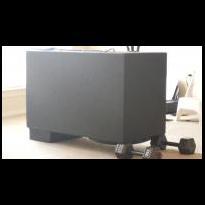-
Recently Browsing 0 members
No registered users viewing this page.
-
-
Recent Topics
-
- 1 comment
- 0 views
-
- 3 comments
- 62 views
-
- 398 comments
- 33,158 views
-
- 18 comments
- 299 views
-
- 4 comments
- 134 views
-
- 2 comments
- 721 views
-
-
-
Recent YouTube Posts


